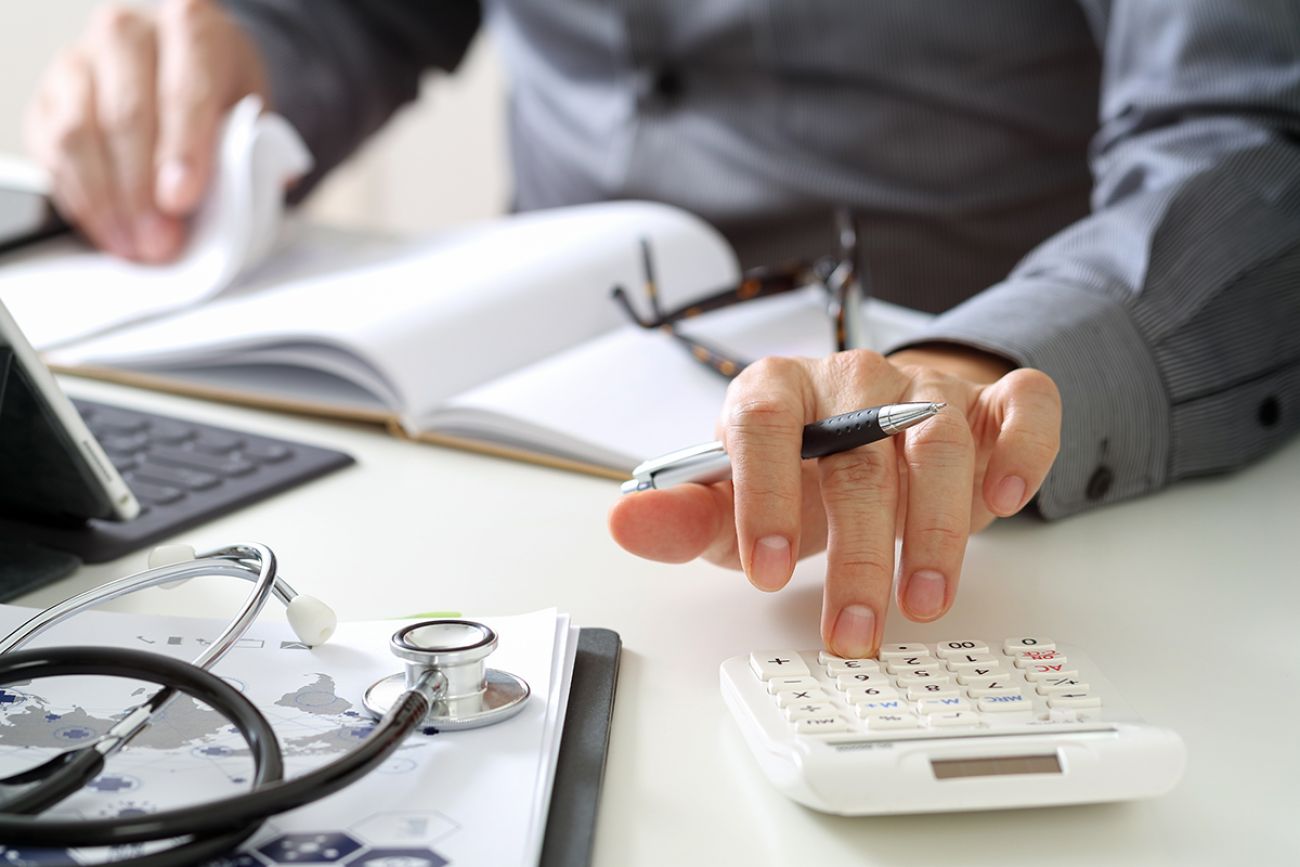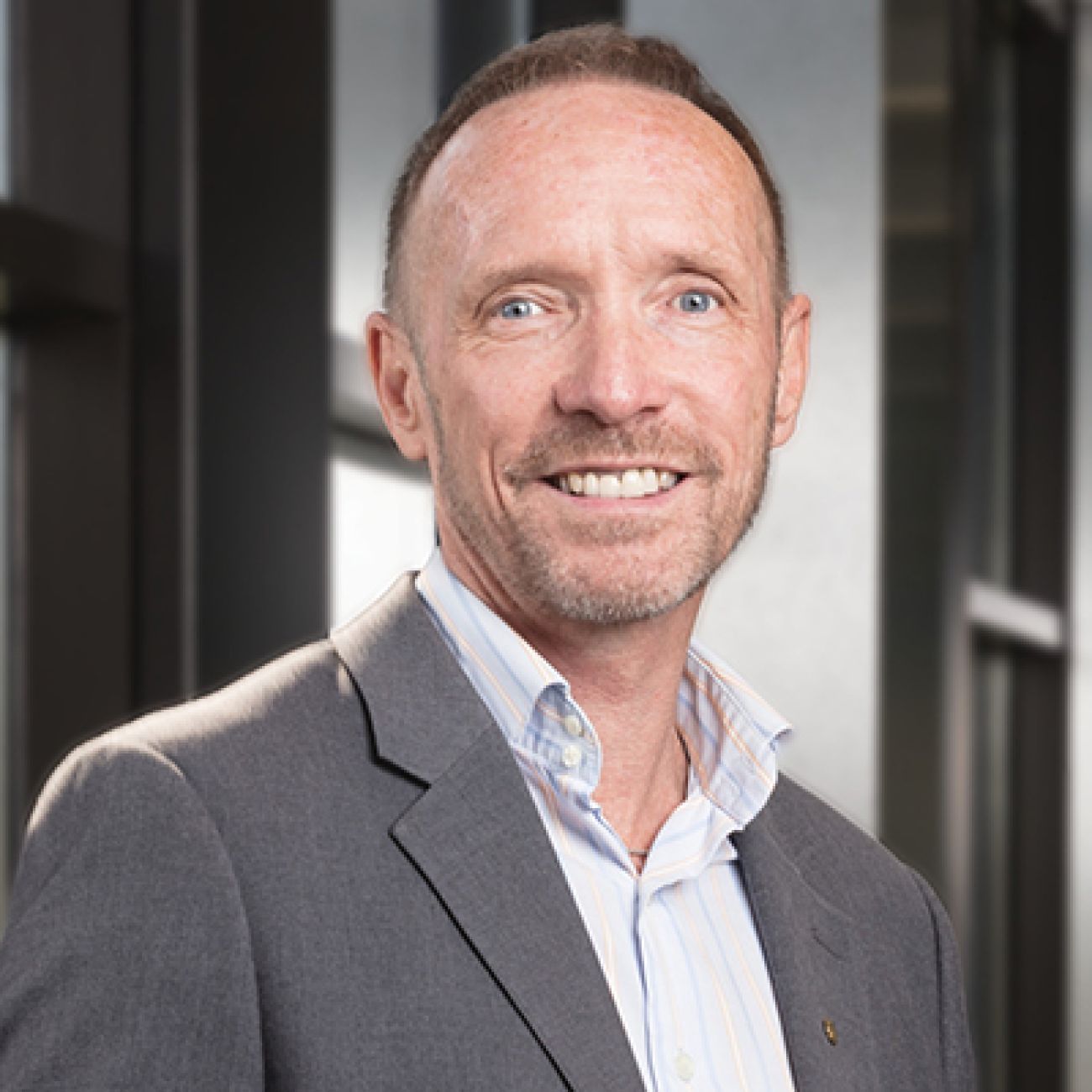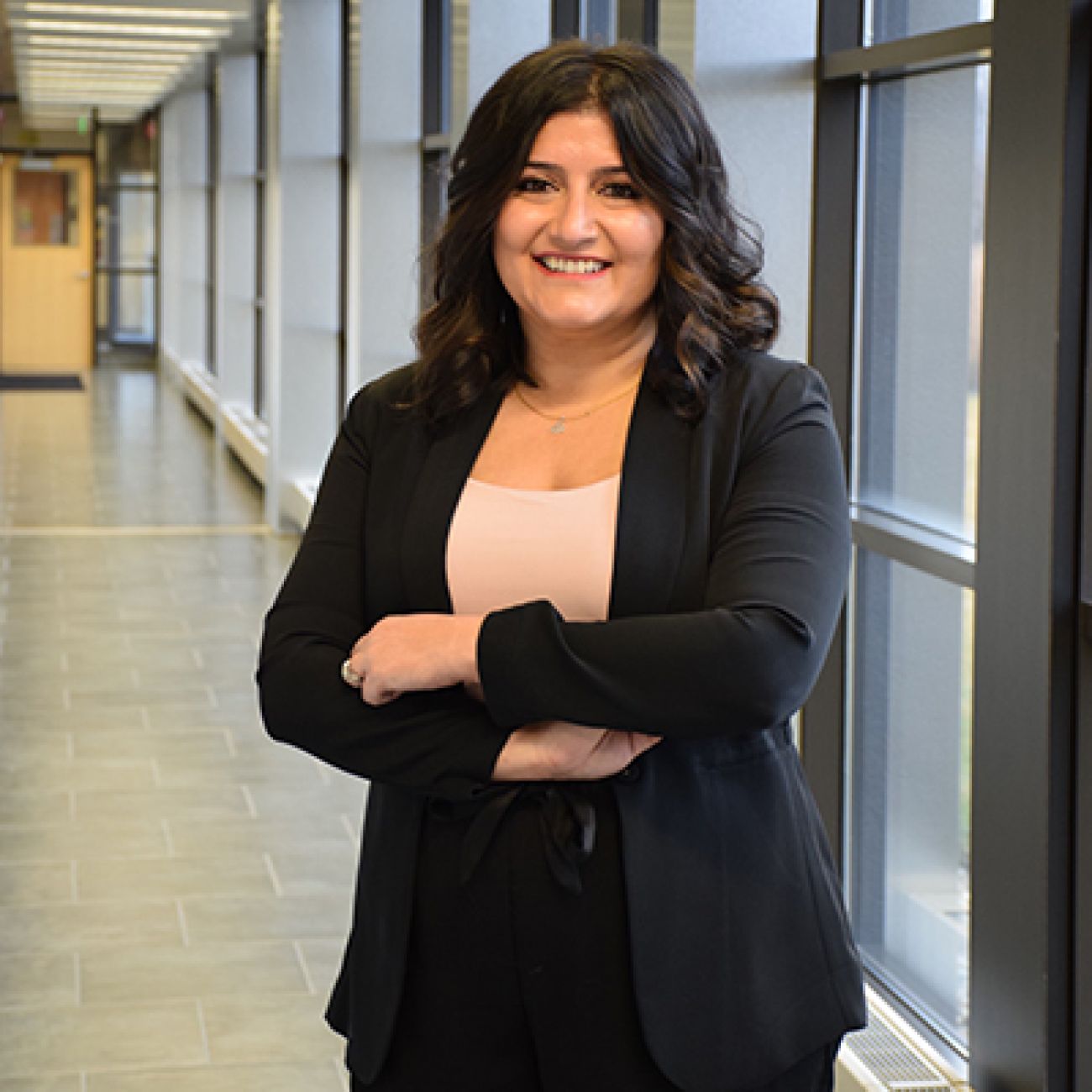Medical debt to be erased for up to 80K Oakland County, Michigan, residents

- Working with a national nonprofit, Oakland County will use $2 million in COVID relief funds to pay down medical debt at local hospitals.
- The effort will eliminate unpaid bills for up to 80,000 county residents.
- About 1 in 5 Americans now face an estimated $88 billion in medical debt, according to federal data.
Millions of dollars in medical bills will be erased for Oakland County residents under a plan that uses federal COVID funds to purchase debt from local hospitals.
The plan, announced in a media event Thursday, will benefit as many as 80,000 low-income residents who could see their hospital bills canceled — but won’t stick county taxpayers with an expensive bill.
The plan is made possible by a partnership with RIP Medical Debt, a Boston-based nonprofit that calls itself “a moral force for systemic change.”
Related:
- Nearly four years into COVID, Michigan’s autumn looking far more promising
- That bump in pay? Poof — Michigan income gains erased by high inflation
- Schools are cutting recovery programs as U.S. aid money dries up. Students are still struggling.
According to its website, RIP was founded by two former executives of debt collections firms. Financed by donations, RIP purchases bundles of medical debt, thereby wiping out bills for people with financial needs.
The county will then use $2 million in American Rescue Plan Act (ARPA) funds to buy up to $200 million in medical debt for residents for — “pennies on the dollar,” county executive Dave Coulter said in an interview with Bridge Michigan on Thursday.

The program will benefit county residents who fall into either or both of these criteria:
- People whose income is less than four times the federal poverty level — about $58,320 for an individual or $120,000 for a family of four.
- People for whom their medical debt is five percent or more of their income.
“My first question was ‘How much debt can you really erase for $2 million?” Coulter told Bridge. “But it's the ability (of RIP) to leverage up to $200 million in debt … for pennies on the dollar. That’s transformational. Now you've made a difference in a lot of people's lives.”
During the afternoon event, Coulter referred to people who turn to the crowdsourcing site GoFundMe to help with medical debt: “That’s not right,” he said.
Medical debt is the No. 1 source of bankruptcy in the United States, with nearly one in five Americans facing bills totaling $88 billion, according to the Consumer Financial Protection Bureau.
Medical debt cripples the economy and, on an individual level, destroys credit for working families. For some, that means skipping medical care, said Deputy County Executive Madiha Tariq, who oversees the Health and Human Services Department.
“By eliminating medical debt, we give people the result they need to really give a second chance and thrive,” she said.
Oakland County has identified thousands of residents who have unpaid medical bills. Those debtors will be notified by mail when their debts are erased. In all, up to 80,000 residents with medical debt could be affected, Tariq said.

That’s nearly three-quarters of the 114,000 county residents with medical debt.
The plan will focus on working with the five health systems that serve Oakland County, but the effort will extend to hospitals outside of Oakland County as well, Coulter said.
The effort is about “residents wherever the debt may be,” he said during the news conference. “We're trying to help local county residents, not hospitals. We love our health systems, but it's about our residents.”
Residents will truly benefit, said Kyra Taylor, a Michigan resident who had her mortgage debt canceled by RIP in an effort unrelated to the Oakland County plan.
Taylor, who was diagnosed with diabetes at age 10, spoke tearfully at the news conference about trying to work, go to school and pay her bills, even as medical debt continued to pile up for things like $100 bottles of insulin. While she was in the hospital intensive care, she said, creditors “called my mom trying to get me to get up to get a bill paid. I'm about to die, and I’m worried about getting the bill paid?”
After RIP Medical Debt purchased and abolished about $3,500 of her debt, Taylor, who now works at a mortgage company, said she initially threw the letter she received notifying her that the debt was wiped out in the trash, dismissing it as a scam. It wasn’t, she said.
County commissioner, Charlie Cavell of Ferndale, who lobbied for the county-RIP partnership, said that he had personally struggled with medical debt.
Cavell said he had to use his wife’s credit to find apartments and wasn’t able to buy his first car — a $1,200 purchase — until he was 28 years old because his credit had been wrecked by an emergency visit to a Florida hospital when he was an uninsured 23-year-old.
County commissioners approved the RIP effort at its meeting Tuesday. Once the county signs the final contract with the nonprofit, the county will work with area hospitals to identify residents who fit the criteria.
Residents cannot apply for the program; in fact, there is no application process.
Rather, RIP Medical Debt will notify individuals by letter that some or all their debt has been canceled and cleared from their credit reports. They will receive a letter in the mail, likely by mid-next year, Tariq said.
County leaders announced the program Thursday at Gilda’s Club Metro Detroit, which supports cancer patients and families, including those facing mounting medical debt.
Whether hospitals will work with RIP is unclear, but Tariq noted that many debts have been unchanged for years. RIP has a track record of work that allows hospitals to receive at least partial payments.
“They have been able to establish something that felt like a win-win for the hospitals as well as the people who are (in) debt,” she said.
See what new members are saying about why they donated to Bridge Michigan:
- “In order for this information to be accurate and unbiased it must be underwritten by its readers, not by special interests.” - Larry S.
- “Not many other media sources report on the topics Bridge does.” - Susan B.
- “Your journalism is outstanding and rare these days.” - Mark S.
If you want to ensure the future of nonpartisan, nonprofit Michigan journalism, please become a member today. You, too, will be asked why you donated and maybe we'll feature your quote next time!





